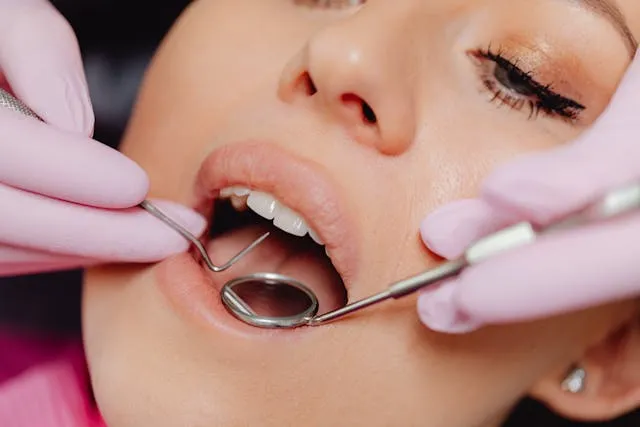Societal Pressure and Men’s Mental Societal norms have long dictated certain behaviors and emotions that are “acceptable” for men. These expectations can create a tremendous amount of pressure, potentially leading to various mental health issues such as anxiety and depression. Men are often discouraged from expressing ability, a cornerstone for healthy emotional processing. This deep-rooted cultural narrative suggests that showing emotion equates to weakness, making it challenging for men to discuss their struggles openly. According to a study from the American Psychological Association, societal pressures to conform to traditional male roles can severely hinder men’s emotional expression. Fortunately, initiatives like Mens Online Support Groups offer platforms where men can seek connection and support, encouraging open dialogue and promoting mental wellbeing.
Also Read: Editor’s Pick ShopNaclo Platform for Smart Investments
The Role of Community and Support Networks
Community assistance can help men improve their mental health. Finding clubs or networks that promote open talks about mental health may create a sense of belonging and understanding, which is critical for long-term well-being. These interactions offer reassurance that individuals are not alone in their struggles. Establishing meaningful connections can significantly impact mental wellbeing. Men’s mental health forums and support networks provide safe spaces to share experiences and gain perspective from others who face similar challenges. These environments offer peer support, learning opportunities, and the development of coping mechanisms adapted to each individual’s requirements.
Common Mental Health Challenges Faced by Men
Many men face unique mental health challenges, including issues related to work stress, identity, and relationships. The modern work environment often emphasizes competitiveness, which can escalate stress levels. Society’s portrayal of masculinity sometimes conflicts with individual experiences, leading to identity crises or feelings of inadequacy. Understanding these challenges is the first step toward addressing them. Data from the World Health Organization indicates that depression affects men differently, sometimes as irritability or aggression rather than sadness. Recognizing these signs is crucial for getting the proper treatment and decreasing the stigma associated with mental health. It’s vital to have awareness of these gender-specific symptoms to provide adequate support and intervention.
Effective Coping Strategies for Maintaining Mental Health
Creating a toolset for managing mental health is critical for everyone, particularly males negotiating cultural pressures. Mindfulness practices can assist in centering thoughts and emotions, resulting in clarity and tranquility. Physical activity enhances physical health and produces endorphins, which increase happiness. Exercise is key to improving your mental wellbeing. Incorporate it into your daily schedule.
Furthermore, many professionals recommend treatment or counseling. Discussing emotions with a neutral third person can open up fresh ideas, ease loneliness, and promote healing. Professionals also typically advise joining mental health-related groups to stay motivated and encouraged.
Self-Care Tips for Better Mental Health
Self-care isn’t just a buzzword; it’s crucial for maintaining mental health. Men often overlook self-care due to busy lifestyles or societal expectations, but it’s vital to wellbeing. Scheduling time for hobbies engages the mind creatively, ensuring an outlet for stress and anxiety. Ensuring adequate rest helps the body recharge and regulate emotional balance. Relaxation techniques like meditation or deep breathing exercises can significantly improve stress handling. Self-care should be a priority, not an afterthought. Including minor self-care routines in your daily routine may dramatically improve your emotional and mental wellbeing.



